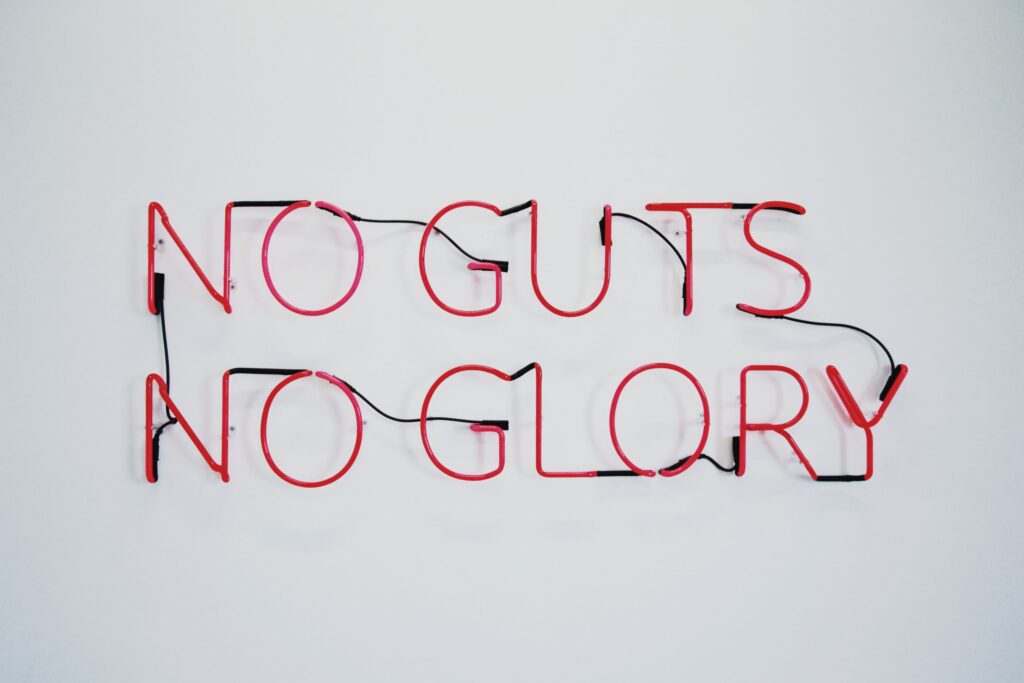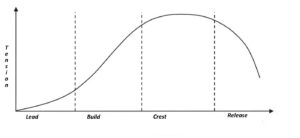Before we get started, the customary disclaimer: none of what you’re about to read here has been evaluated by a physician or any other clinician qualified to give medical or dietary advice – but it should be. Until then, proceed at your own risk, get advice where you feel you need it, and enjoy the ride.
OK?
Why suppositories?
Is no one else brave enough to…er…go there?
Medical science is doing great things with plasma and poop – so isn’t it at least worth thinking about what happens – or could happen – where the sun doesn’t shine?
Factually, we’re super-absorbent…down there. The unfortunate end result – so to speak – of the food we can’t process dignifies the terminus of our alimentary canal rather unfavorably, rather than finding the glory in it.
Honestly, there are good reasons suppositories work…uh…so well…and we’re not just talking about intra-anal laxatives and hemorrhoidals. Lots of useful medicines can be delivered via the back door.
But a headline is only as good as how much of the following content it gets you to read, so let’s pull our collective heads out…well, let’s get back into the sunlight and think about trusting our guts.
Trust Your Gut…Too
If you’re going to get authentic, you’ve got to be able to trust your gut. Sure: trust your logical, analytical, intellectual mind, too, but modern science generally accepts the notion that we humans actually have three brains, so we’d better have strong connections with them.
Honestly, would you go out into the world half-cocked? Or, with three brains on board, perhaps only one-third cocked?
We all know about the brain in our skull. What about the “brain” in our hearts? There’s plenty of science on this as well as free online education starting with HeartMath. And no less than Johns Hopkins and Harvard Health have rung the bells for our gut brains.
A Three-Brain Decision
Let’s imagine you, fully aware and engaged with all three of your brains. Got it? Now, imagine yourself making a three-brain decision. The head says “yes” and the heart says “no” and the gut says “maybe.” What do you do?
Before we answer that question, did you just skip over the part about imagining you, fully engaged with and aware of all three of your brains? How do you do that? Until you do, you’re cut off from two-thirds of the insight, intuition, and understanding that comes from getting out of your head and getting into your heart or gut.
Like the novice swimmer, nothing you read or watch in a video will make any sense until you’re actually in the water. People who trust their heart and gut enough to rely on them have one thing in common that the headspace people don’t: practice.
A useful by-product of practice is what science calls “anecdotal evidence:” results. People who trust their gut compile experience of their results, and, with more practice, they learn to rely on that evidence. They learn to feel the subtle indicators that give them a nudge in the direction where people who are caught up in their headspace simply won’t go.
You can learn to feel these subtle indicators with durable practices for trusting your heart and your gut. It starts with awareness and builds to a point where decisions and intuitive insight come quickly and with certainty.
Who wouldn’t want that?
Practices for Trusting Your Heart
Remember that love song you and your significant other said was “yours?” Remember how it felt when that song played for you the very first time? Even if that first time was long ago, our head brains don’t know the difference between imagination and reality, so if you simply remember that love song right now, your entire system will respond with the same physiology that was there the very first time.
What if you haven’t had all those feels about a love song? Well, it doesn’t mean you can’t – it just means that you have yet to take an opportunity to connect with your heart. The emotions available there are powerful: love, joy, sadness, anger, fear…the heart – your heart – is a cornucopia of energy once you understand how to connect with it.
Music is a great vehicle to ride into your heart connection. How you respond to music is the start of your awareness of the guidance that comes to you from that highly attuned center of perception. Of course, you can always stuff your feelings, keep a stiff upper lip, soldier on, etc, but I’d like to suggest that you deserve better than to ignore your human potential that’s available through connecting deeply and durably at your heart.
How do you start? Jump in the water. Begin to practice accepting emotions – all of them, without judgment. Use music to trigger them – lots of different styles and types and genres. With practice, you will be able to dial in on the powerful signals your heart is sending you. For many of us, that practice will be about allowing what has always been there and integrating that into our existing superpowers.
Practices for Trusting Your Gut
The gut is a bit trickier in some ways, possibly because of its undeserved reputation. How do you connect with your gut when you need to? Why would you need to?
As with the heart, one of the best ways to connect with what your gut wants to tell you is to experiment with it. You know what kinds of foods satisfy you with energy and nutrition, don’t you? (If not, please learn!) That’s a great example of how you already trust your gut: you (hopefully!) don’t eat stuff that makes you ill or causes long-term health issues.
Another way to tune in to your gut is with gut-based exercise programs, such as Wim Hoff’s method, or David Bercelli’s Tension and Trauma Release Exercises. Both programs can connect you deeply with your gut and unlock your human superpowers that reside there.
But there’s another way.
This is where suppositories come in. While not quite at the level of a fad, suppositories are a welcome evolution over the colonics of the ’60s and ’70s, in my humble opinion. Suppositories are gentler, and, well, easier to use.
Whole-Plant Medicines
Unless you are intimately aware of the subtleties of your own digestive tract, one of the most useful recent holistic ways to connect with our gut brain is to offer your gut “whole-plant medicines” such as marijuana, magic mushrooms, or ayahuasca.
(The term “medicine” is still connected – at least in English – to the words “whole-plant” in a useful way, but you might think of it in broader terms, such as how we sometimes say “music is medicine.”)
Humans appear to respond more favorably to using the entire (whole) plant versus specific “full-spectrum” extracts or synthesized compounds, but that discussion is outside the scope of what I want to cover here. If you think of ingesting starch, oil, and salt instead of a delicious potato chip you’ll have a rough approximation of the benefits of “whole-plant” as opposed to its separate components.
For whatever reason, much of the “whole-plant” medicine available to the industrialized world is viewed unfavorably for whatever reason. Much of it is still illegal, but that is slowly changing for the better as people become aware of the benefits of whole-plant medicines, especially when they can easily be ingested as suppositories.
Which is the point of this whole discussion after all.
If connecting with your gut is new for you, and you want to keep a favorable disposition toward the legal system in your country or locale, one “whole-plant” option you can use is hemp-based cannabidiol. Hemp has been grown without legal restrictions for thousands of years, and it turns out to be a very friendly and non-psychoactive way to connect with the gut. As with food, organic is best, and quality standards matter, so choose wisely. Spend some time online to learn more about hemp-based whole-plant cannabidiol and what it can offer you. It’s a worthy endeavor.
But to the point, the whole-plant-ness of whole plants is most important where they’re digested. Yes: in the gut. So why not start there? Offer your gut different kinds of “brain food” than it’s used to and see what you can learn about yourself as a result.
But back to that question: how do you trust yourself when your brains don’t agree?
Trust Your Three Brains
Would you use any tool without some practice? Would you deploy it to your team without a thorough understanding of its benefits and limitations or even its proper use? Before you can trust your three brains, you need to practice with them. Tune in to what they offer you. Begin to notice how they coordinate around powerful objectives and appear to disagree from time to time. There are reasons why thinking of certain things can make us nauseous, or why our skin prickles. Why do those things happen – for you?
As you exercise your heart and gut awareness, you will begin to find that when there is alignment with your head brain, you feel unstoppable power. Often, I find that my head gets overruled by my heart and gut and that it is counterproductive in the worst possible way to ignore heart and gut in favor of my head.
With practice, you may find that your head brain stops complaining so much about choices that it thinks are logically obvious, and that your internal compass – the heart and gut – begins to take more active roles in your guidance.
And we hope you enjoy where your newly-awakened, authentic self-guidance system takes you.







